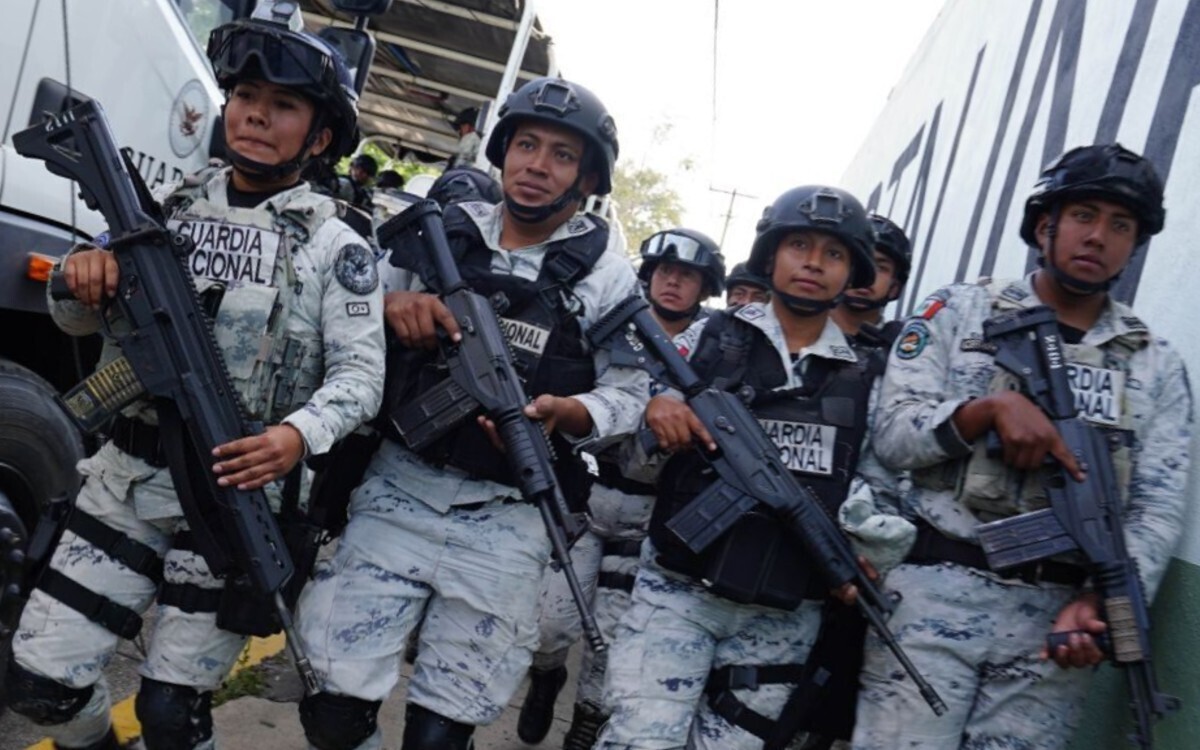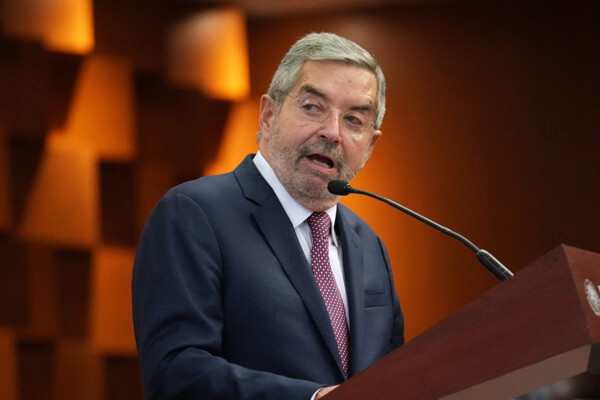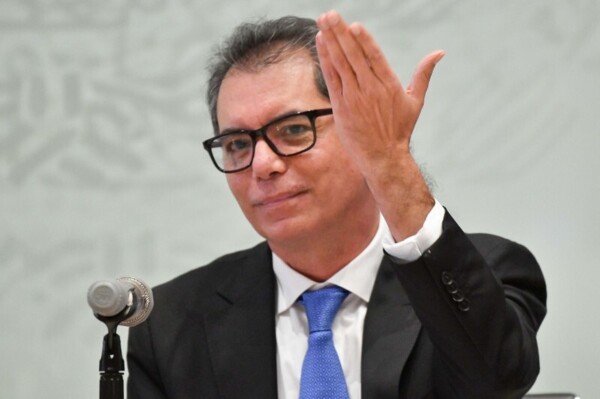
The pacification of the territory continues to be a challenge, as despite the national reduction in intentional homicides, 16 states continue to report worrying levels of lethal violence, says a report by the organization México Evalúa. The high number of victims in many of these states is a product of both the violent realignment of criminal territorial control due to internal conflicts between organizations, and federal policies of operational weakening, and the pressure exerted by the government of the United States to dismantle international criminal organizations, the organization states. This month, a significant change is observed in two entities: Tabasco worsened by presenting an annual increase, moving from a negative to a very negative balance. Durango showed improvement, moving from regular conditions to a positive scenario. The report signed by the México Evalúa Security Program points out that since no significant advances are observed in terms of pacification, especially in states where violence worsens, the implemented strategies appear to be stalled or, in certain cases, are ineffective in containing criminal escalation. Michoacán represents a particular case: although it currently reports a reduction in lethal violence that places it close to a positive balance, this does not guarantee that the scenario will be maintained. They state that the intervention does not include solid components of institutional sustainability at the local level, such as a substantial improvement in the working conditions of the police or the institutional empowerment of the municipality as a whole. "It is because of these omissions that there is a real risk that the progress in Michoacán will be reversed: criminal organizations could fragment due to the frontal combat driven from the federation, taking the state from a negative balance to a very negative one." They conclude that the current public policy at the federal level is partially effective, with more visible results where it coexists with robust local strategies. In their public policy recommendations, México Evalúa proposes to reorient public security strategy towards structural pacification schemes, with interventions that include mechanisms for strengthening local institutions, not just tactical actions. Without strong local capabilities, frontal combat generates criminal fragmentation. They propose implementing multi-level and multi-regional strategies to mitigate the displacement of violence. Documenting and systematizing successful local practices, police professionalization, labor incentives, and intergovernmental coordination to design models adaptable to high-conflict contexts. México Evalúa.













